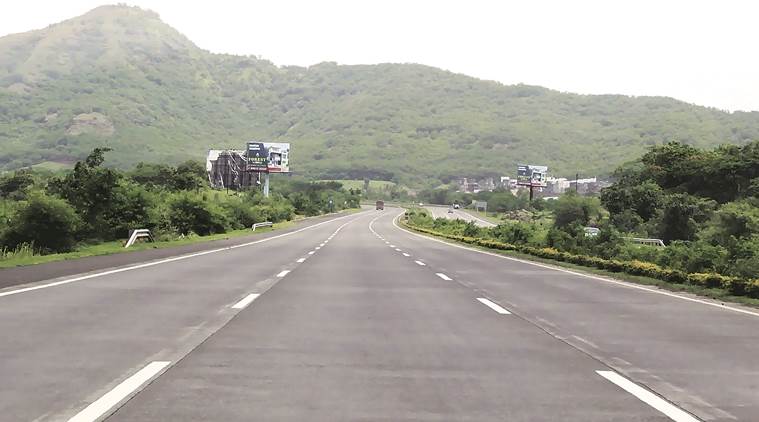 For many years, the 94-kilometre-long high speed corridor between the two metros had been in the news mainly for the mishaps, recording an average of more than 120 to 130 accident deaths every year.
For many years, the 94-kilometre-long high speed corridor between the two metros had been in the news mainly for the mishaps, recording an average of more than 120 to 130 accident deaths every year.
For the first time since the Pune-Mumbai Expressway became operational in 2002, a steady decline has been recorded in the accident deaths, crash severity and deaths per million vehicles, thanks to the Zero Fatality Corridor project.
For many years, the 94-kilometre-long high speed corridor between the two metros had been in the news mainly for the mishaps, recording an average of more than 120 to 130 accident deaths every year.
The Zero Fatality Corridor project is an ongoing joint initiative of the Maharashtra State Road Development Corporation (MSRDC), the Maharashtra Highway Police, Mahindra and Mahindra and Delhi-based SaveLIFE Foundation. The data released by the initiative shows an overall reduction in fatalities by 43 per cent — from 151 deaths in 2016 to 86 in 2019. The severity of crashes, which is defined as the number of deaths per 100 crashes, has also come down from 53.5 per cent to 24.8 per cent in these three years.
Piyush Tewari of the SaveLIFE Foundation said, “We have to acknowledge that traffic safety is not the domain of one entity but is a multi-agency affair. For example, better driver behaviour and enforcement is in the purview of the licensing agency and police, engineering is with the construction and maintenance agency and trauma care is with the health department. In 2016, an MoU was signed between the SaveLIFE Foundation, the government of Maharashtra and Mahindra and Mahindra. As a first step, a steering committee was formed, which has acted as the nodal governance mechanism for the effort. The steering committee not only conducted the overall evaluation but each involved agency evaluated its own efforts regularly.”
The Zero Fatality Corridor project has been an evidence-based exercise — as the experts involved with it say, ‘an obsession with the data’. For each crash, as many as 254 data points were collected, studied and efforts were taken to work on conclusions drawn from this data. “The SaveLIFE Foundation brought to the table the expertise in triangulating the data, analysing it and giving solutions that each agency could implement. Data told us where to focus resources,” says Tewari.
Officials have said that a combination of well-coordinated interventions under the project, like crash data analysis, fixing of engineering issues, smart patrolling to prevent collisions with parked vehicles and improvements in ambulance response, have contributed to the reduction in fatalities on the Expressway that connects the two metro cities. Based on the lessons learnt in the project, the SaveLIFE Foundation is now coming up with a handbook that local agencies can apply for reducing road accidents in their jurisdiction in Maharashtra.
Vijay Patil, superintendent of police (HQ) with the State Highway Police, said, “The efforts taken as part of the project have led to measurable results. It will continue till we achieve the target of zero preventable deaths. The success is going to be replicated on other crucial highways in the state. On the same lines, a steering committee has now been formed to analyse accidents on the Old Pune-Mumbai Highway and suggest and implement measures.”
The stretch of the National Highway 48 between Pune and Mumbai is referred to as the Old Pune-Mumbai Highway. Before the Expressway was built, the Old Highway was the only direct road link between the two metros. This stretch of road between the two cities sees much higher number of accidents and fatalities than the Expressway. For comparison, while the Expressway recorded 110 deaths in 96 fatal accidents in 2018, the Old Highway recorded 268 deaths in 235 accidents.